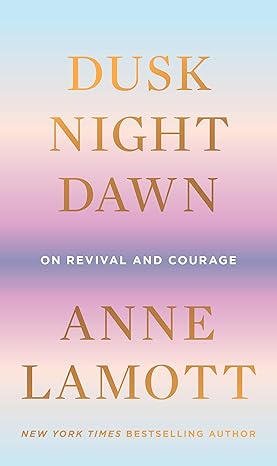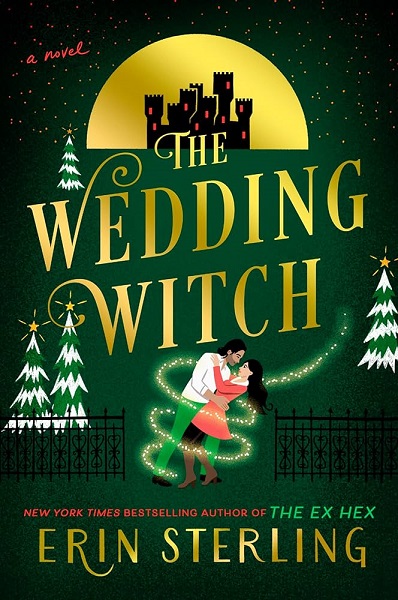J. K. Rowling has announced a new website, which will officially open in October. It will offer interactive online versions of the books, beginning with the first book (including Sorting Hat questions and a Wand Chooser.) The second book will be added to the site in 2012. In addition, the site will feature additional stories and material that Rowling has kept private until now.
But the real shocker is that Rowling, who has long (and famously) refused to release her books in digital format, will sell all seven books as DRM-free e-books exclusivley from her website. Why the change of heart? I suspect the recent explosion in e-book sales (now rivaling and even outselling print books in some cases) has a great deal to do with it. There’s a huge market — and a lot of the people now buying e-books are of the generation who grew up with Harry. She has the potential to tap both repeat readers and new readers.
Too, Rowling is probably one of the most pirated authors, simply because there hasn’t been a way for fans to purchase e-books legally. Concerns over piracy were her stated reason for refusing to release e-books in the past; if she’s going to be pirated anyway, why not sell the e-books herself, and receive at least some of the income she’s missing out on? The new e-versions will be DRM-free, but they will contain a digital watermark, which means that pirated copies can be tracked to the specific copy used to produce the pirated copies — and the pirate can (possibly) be traced.
Finally, why self-publish instead of going through her print publishers? It appears that Rowling retained the digital rights to her works; by self-publishing, she will keep a great deal more of the money from each sale. A wise choice, and one which other major authors may consider emulating. I’d say the major publishers need to think very hard about how to adjust to the rapidly changing market, if they want to survive.
You can read more about Pottermore, Rowling’s new website, and the coming Harry Potter e-books on the Digital Reader blog, at The Inquirer.net, and at Wired. Edited to add: The Wall Street Journal has a detailed and informative article. For more on how this may affect the publishing industry, read Joe Konrath’s post.





































